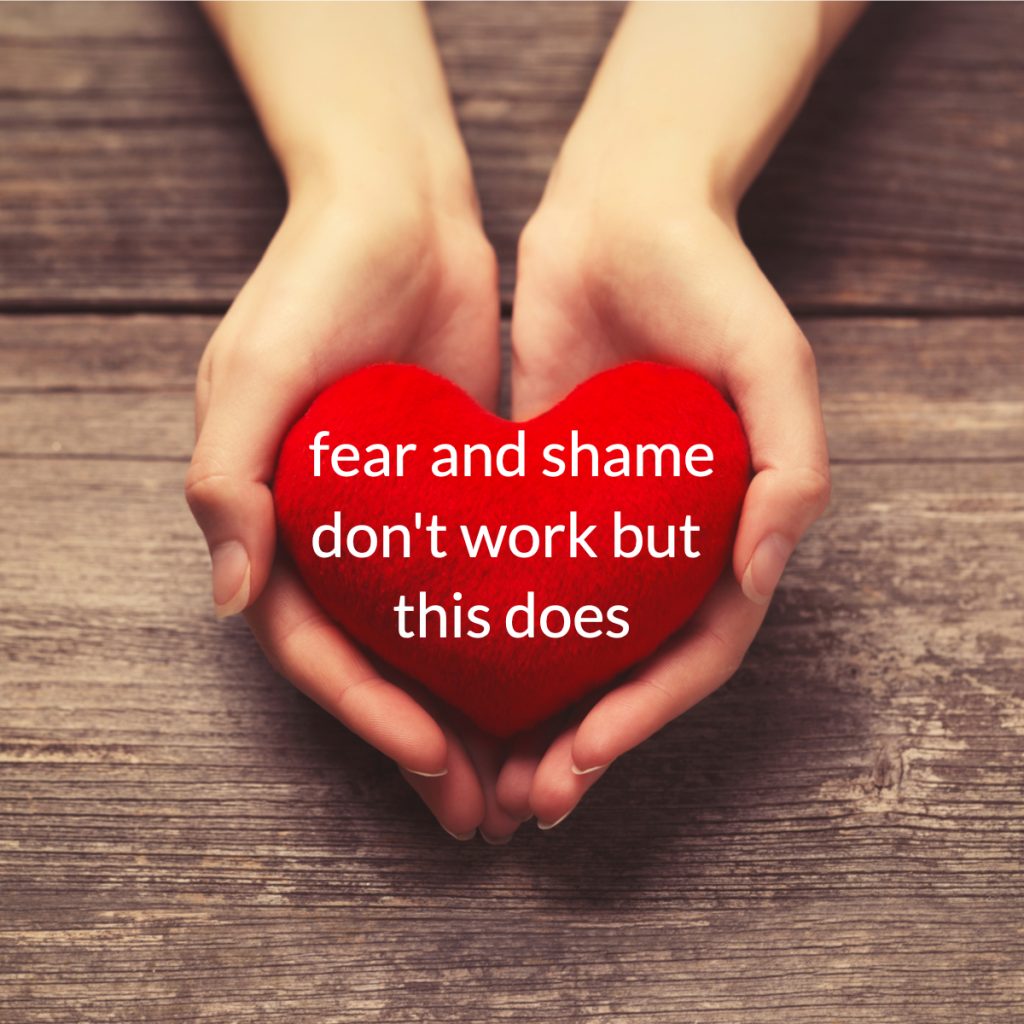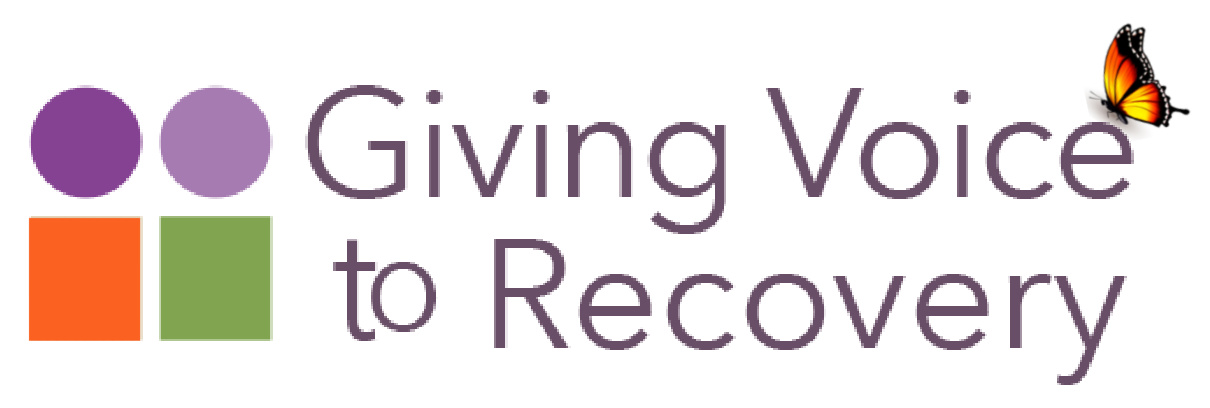Why Fear and Shame Don’t Work

This one is for anyone who has ever loved or cared about a person who is hurting themselves with an active addiction.
It is a mind boggling and terrifying experience to watch someone ruin their life, their health and their future opportunities because of an addictive behavior.
Why can’t they see the danger they are in? Why are they not ashamed of themselves? We beg them to see what they are doing to their family, friends and employers but they don’t seem to care. Nothing seems to make a dent, we cry. “Fearing” and Shaming someone to quit doesn’t usually work, in fact it often alienates them even further.
The reason it doesn’t work is because you can’t “out shame” an addict, nothing you can say to them is worse than what they say to themselves, even if they hide it well.
If fear worked, it would have stopped them long before you ever noticed they had a problem. People suffering from addiction are drowning in fear and shame. These feelings are the feelings that fuel addiction, not heal it.
The feelings and beliefs that encourage recovery are pain and hope. If you are lucky, they come in that order, quickly and one after the other. Then quickly followed by humility. Not humiliation, but humility.
It is humility that allows these life changing realization to sink in; “I need help”. “I can’t do this alone or I would have by now”. “I want help”. “I hope my life can be different”. “I need to change, my life needs to change and I’m willing to change because I want to live”. This is what we in recovery call “surrendering”, “I can’t live like this anymore.”
Here is how we as family, friends and loved ones can help that moment happen.
Get out of the way, stop saving them from the consequences of their behaviors. Stop enabling unhealthy behaviors. Let the consequences be what they will be. It likely feels counterintuitive to allow someone you love get hurt by their behavior but I challenge you to ask yourself, “Am I keeping my loved one from the very pain they need to change?” This is not easy but it is likely necessary. I am not suggesting you “pile on” additional consequences, just simply that you step back and let life do what it does. In the case of life threatening events, ask yourself, what would I do in any other life threatening event? Most likely you would call for help. Yes, sometimes we have to call the police or paramedics or take them to emergency rooms and when we do we tell the professional the truth.
Another important piece of the puzzle is to “own your own feelings”. It is so easy to get sucked into the drama and want to blame what we see as the source of fear, anger and embarrassment. It is really helpful to get clear about what you are feeling instead of what they are doing. These two things might seem intertwined but finding a safe place and way to express yourself is imperative to healing.
Learning to own your feelings such as “I feel afraid” “I feel angry” ” I feel embarrassed” instead of blaming such as “You make me…..” or “He is so….. ” or “She made me …“ goes a long way in shifting the dynamics of the situation for everyone involved. “You Messages” make you the victim, you are literally giving your power away. “I feel” statements are authentic, hard to argue with and can have a positive impact on the situation because you are providing negative consequences to bad behavior.
Find a safe place to get support for yourself. Living with addiction is destructive to everyone it touches but recovery is available for everyone who wants it for themselves. In fact, your recovery and the resulting changes in your behavior and attitude will have a positive and profound effect on everyone including your addicted loved one, but especially on yourself.
Here is a link to many support systems available:
https://givingvoicetorecovery.com/recovery-resources/
I hope you find this helpful,
Elizabeth Edwards

